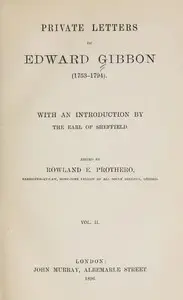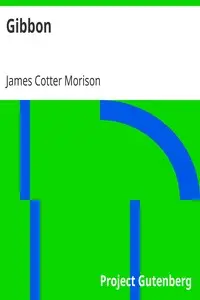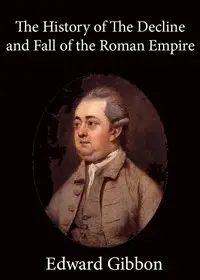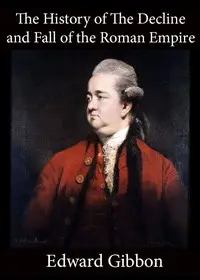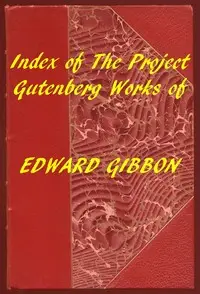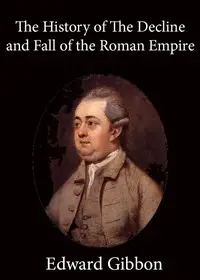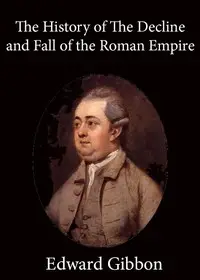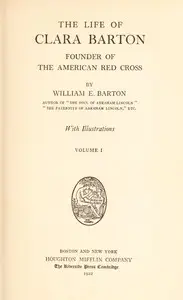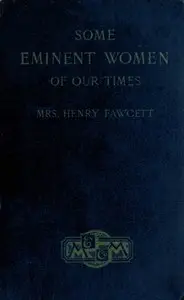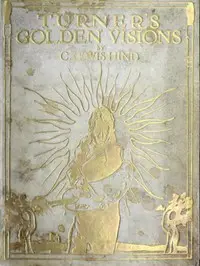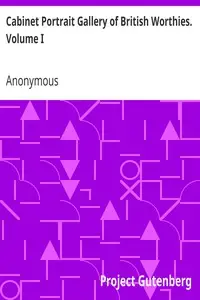"Private Letters of Edward Gibbon (1753-1794) Volume 1 (of 2)" by Edward Gibbon is a compilation of intimate letters that provides insights into the life and mind of the renowned historian. Starting with Gibbon's youthful experiences after converting to Protestantism and being sent to Lausanne, Switzerland for education, the collection chronicles his personal and intellectual development amidst the backdrop of the 18th century. Through his candid correspondence with his father, the letters show Gibbon mastering a new environment, dealing with academic challenges, and confronting youthful missteps, such as a gambling episode. These early letters offer a compelling portrait of a budding scholar navigating social and cultural complexities, laying a foundation for his transformation into a celebrated figure in English history and literature, all while mirroring the shifting societal and political landscape of his era, including glimpses into major events like the Seven Years' War and the stirrings of the American Revolution.
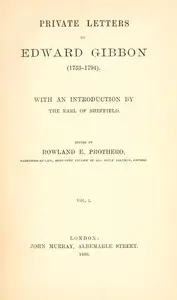
Private Letters of Edward Gibbon (1753-1794) Volume 1 (of 2)
By Edward Gibbon
Follow a young man's journey across Europe as revealed through his personal letters, facing temptation and charting his course to becoming a celebrated historian during times of war and revolution.
Genres
Released
2013-04-22
Formats
mobi
epub (images)
mobi (images)
epub3 (images)
epub
txt
Free Download
Summary
About the AuthorEdward Gibbon was an English essayist, historian, and politician. His most important work, The History of the Decline and Fall of the Roman Empire, published in six volumes between 1776 and 1789, is known for the quality and irony of its prose, its use of primary sources, and its polemical criticism of organized religion.
Edward Gibbon was an English essayist, historian, and politician. His most important work, The History of the Decline and Fall of the Roman Empire, published in six volumes between 1776 and 1789, is known for the quality and irony of its prose, its use of primary sources, and its polemical criticism of organized religion.
Total Reviews
10.0k
Total reviews from Goodreads may change


